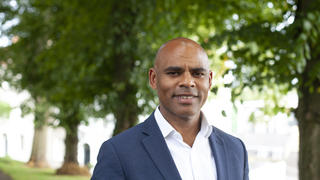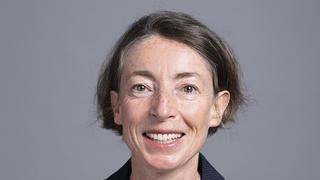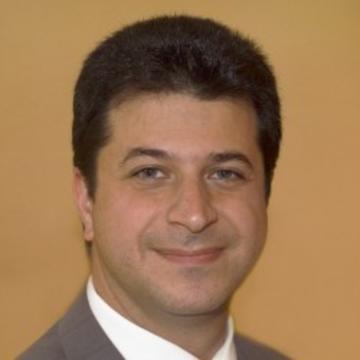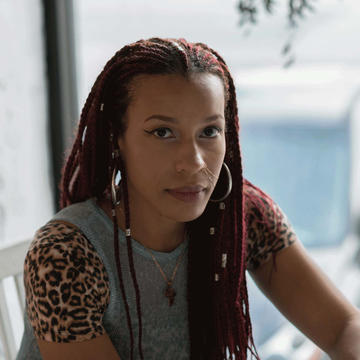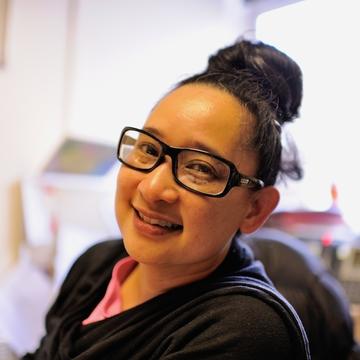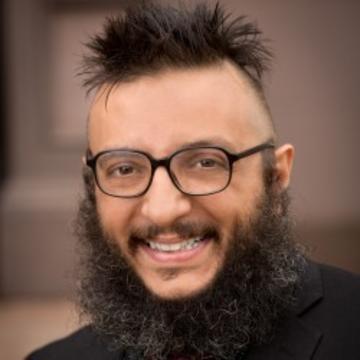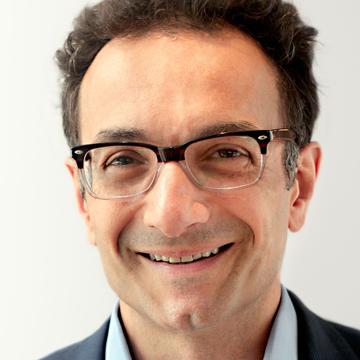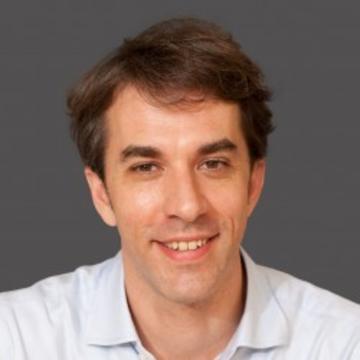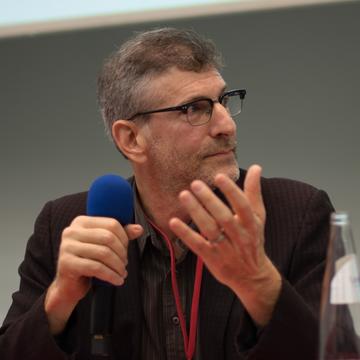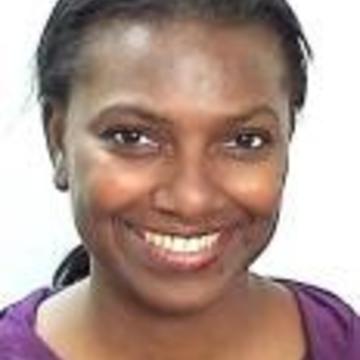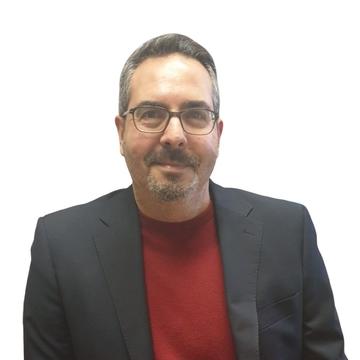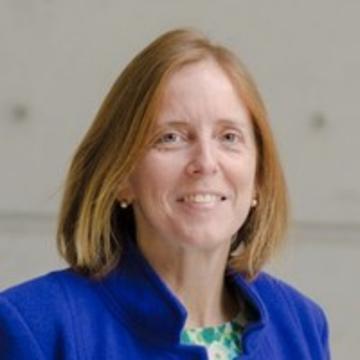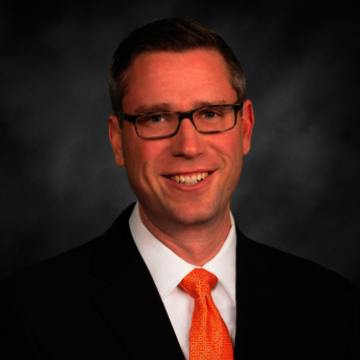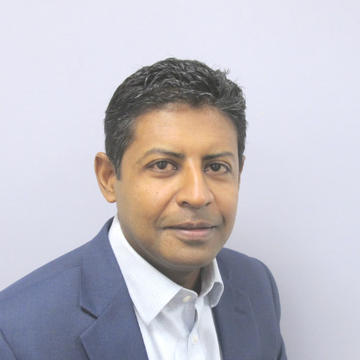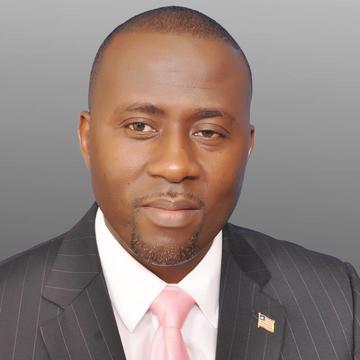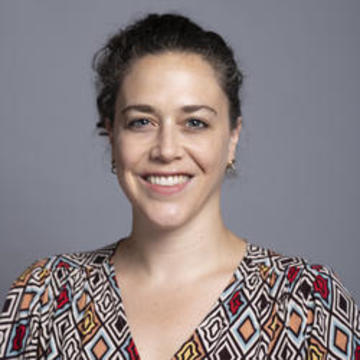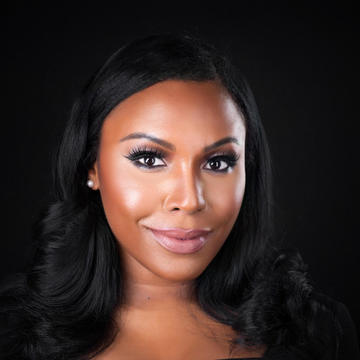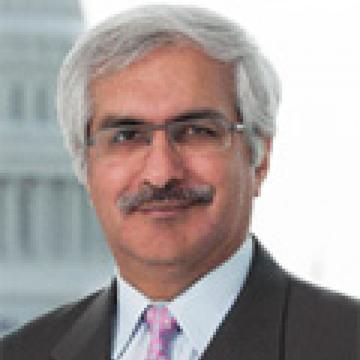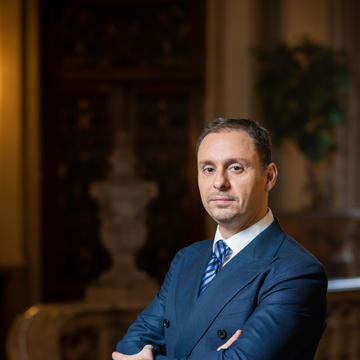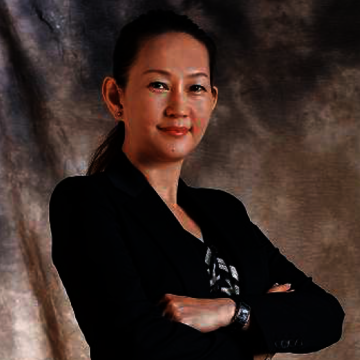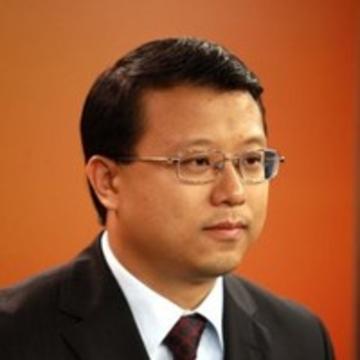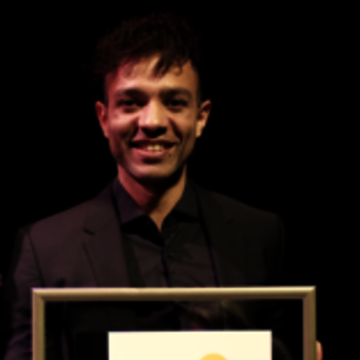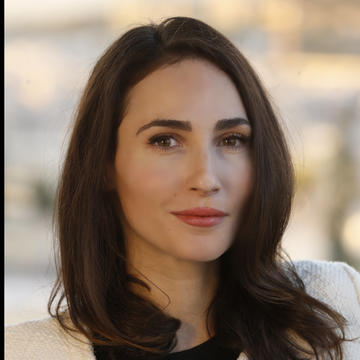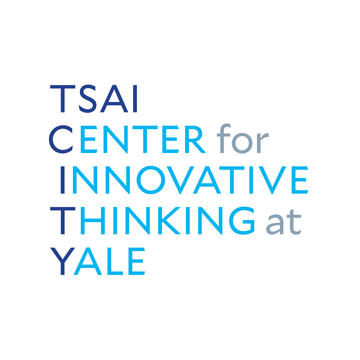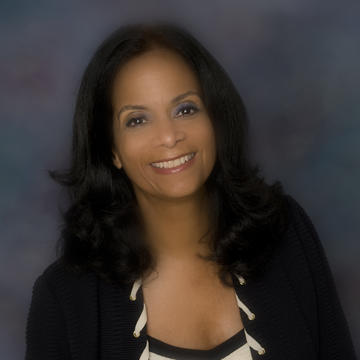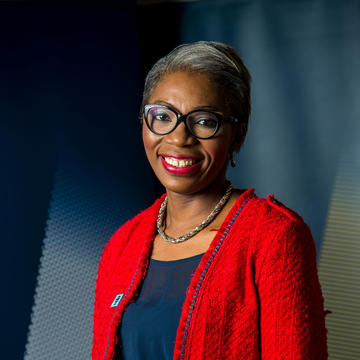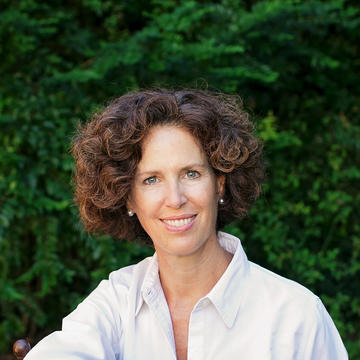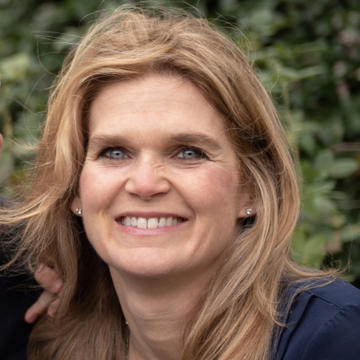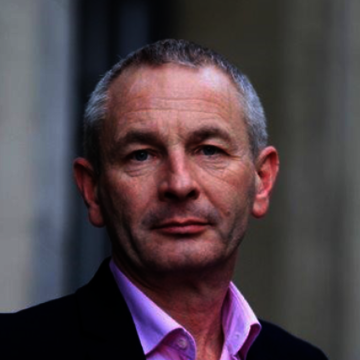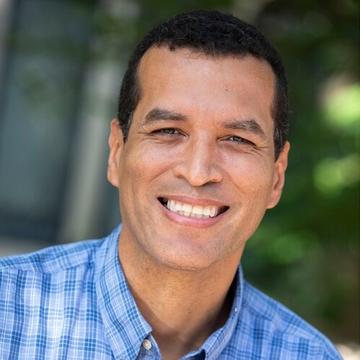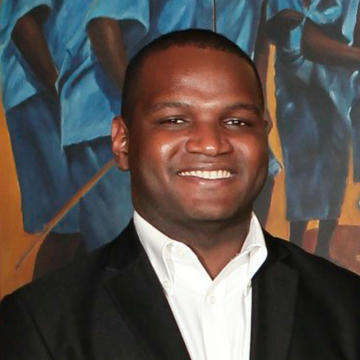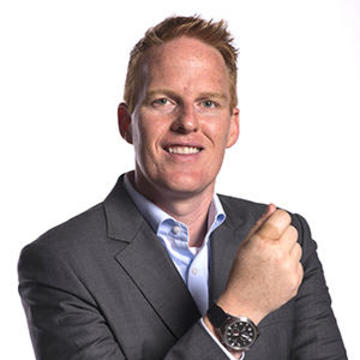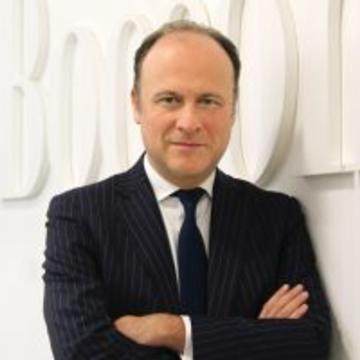Unfortunately, we have had to cancel the Yale International Alliance Conference on Global Citizenship scheduled for March 13-14, 2020, in Rome, Italy, due to complications with the spread of the coronavirus.
We do not take this decision lightly as so many people have worked diligently to make the conference a success. However, current and projected Center for Disease Control and World Health Organization warnings dictate that we cancel the conference in the best interest of our speakers and attendees.
Art Without Borders
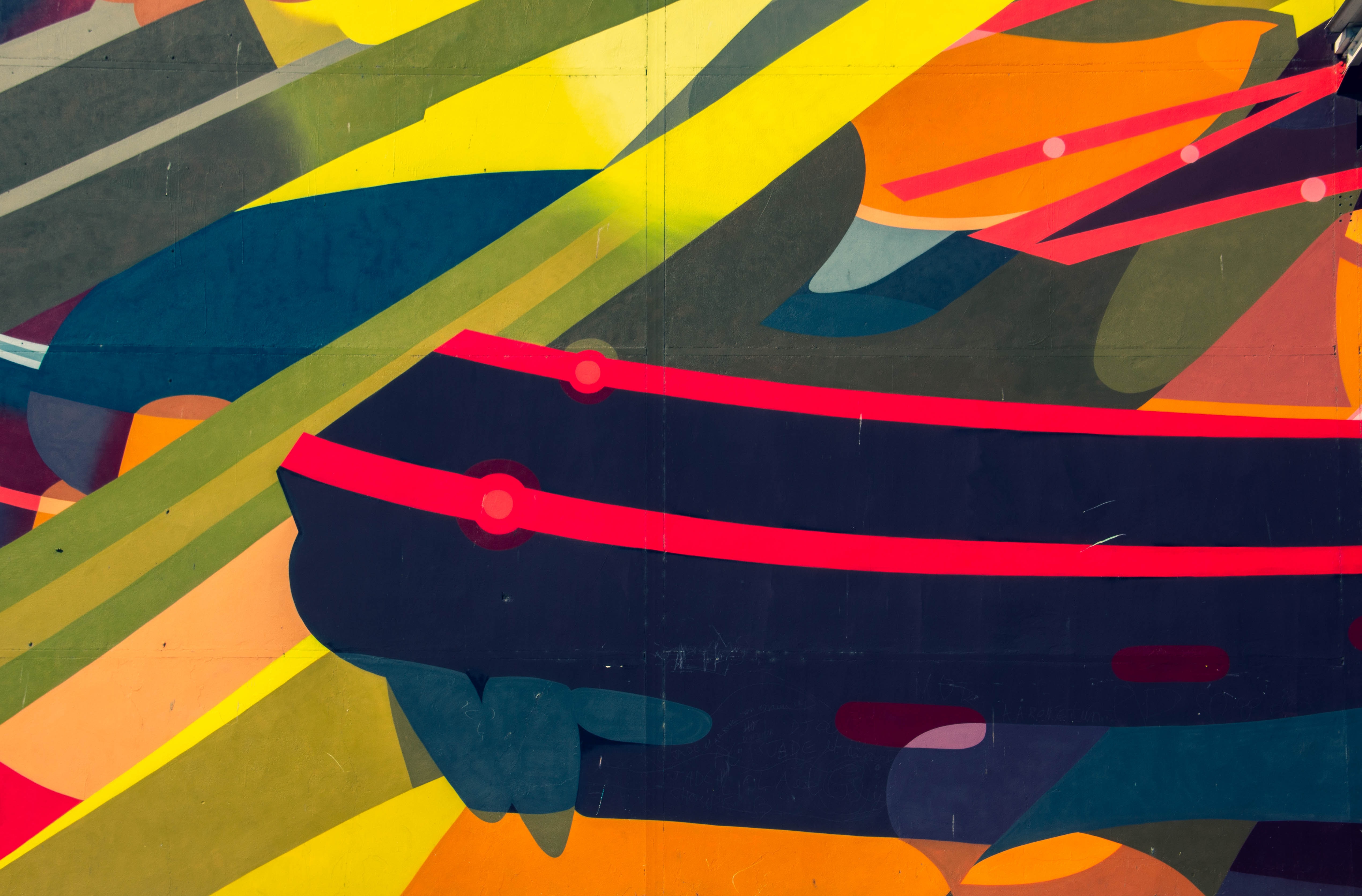
The arts have always addressed challenging issues affecting the human condition, providing comfort, reflection, and even hope. Now, in a global climate where democratic ideals are being threatened, artists from all fields and genres have been called upon to highlight difficult truths, document the humanity of those around them, and act as agents of change in their own communities. How can artists act as global citizens and use their art to create change? This panel will delve into their role of the artist in turbulent times.
The Global Impact of Climate Change
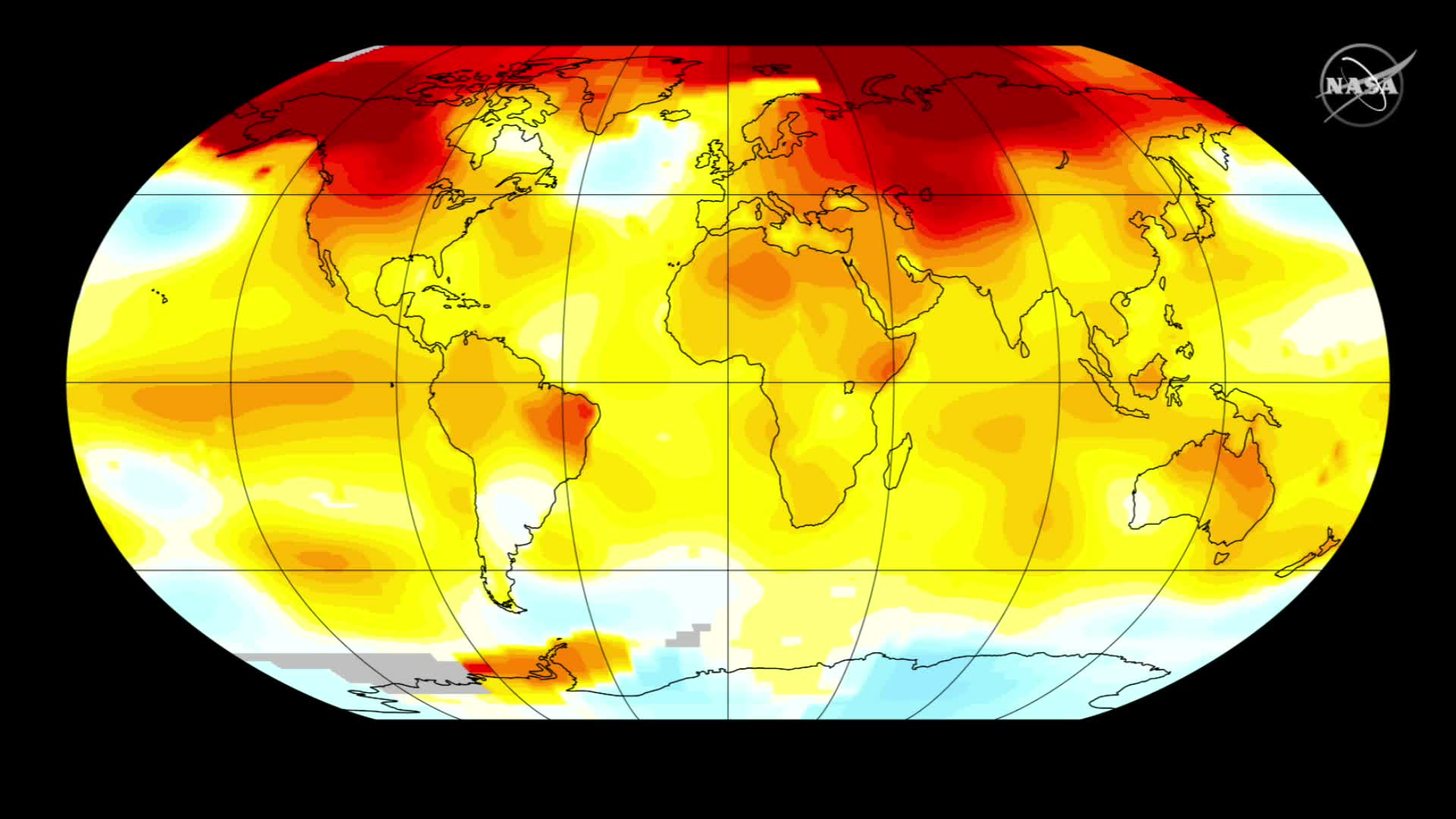
Climate change connects us all – the magnitude of its effects on the interdependency between the global environment and human society may jeopardize our survival as a species in the not-too-distant future. And yet efforts to mitigate the looming risk of climate change are often uncoordinated and conflicting, differing from country to country and industry to industry. What does it mean to be a global citizen in the face of this reality? This panel will discuss how we can use interdependence of our own to counter the threat that climate change poses and the role that global citizenship can – and should – play in tackling this vital issue.
The Responsibilities of Citizenship
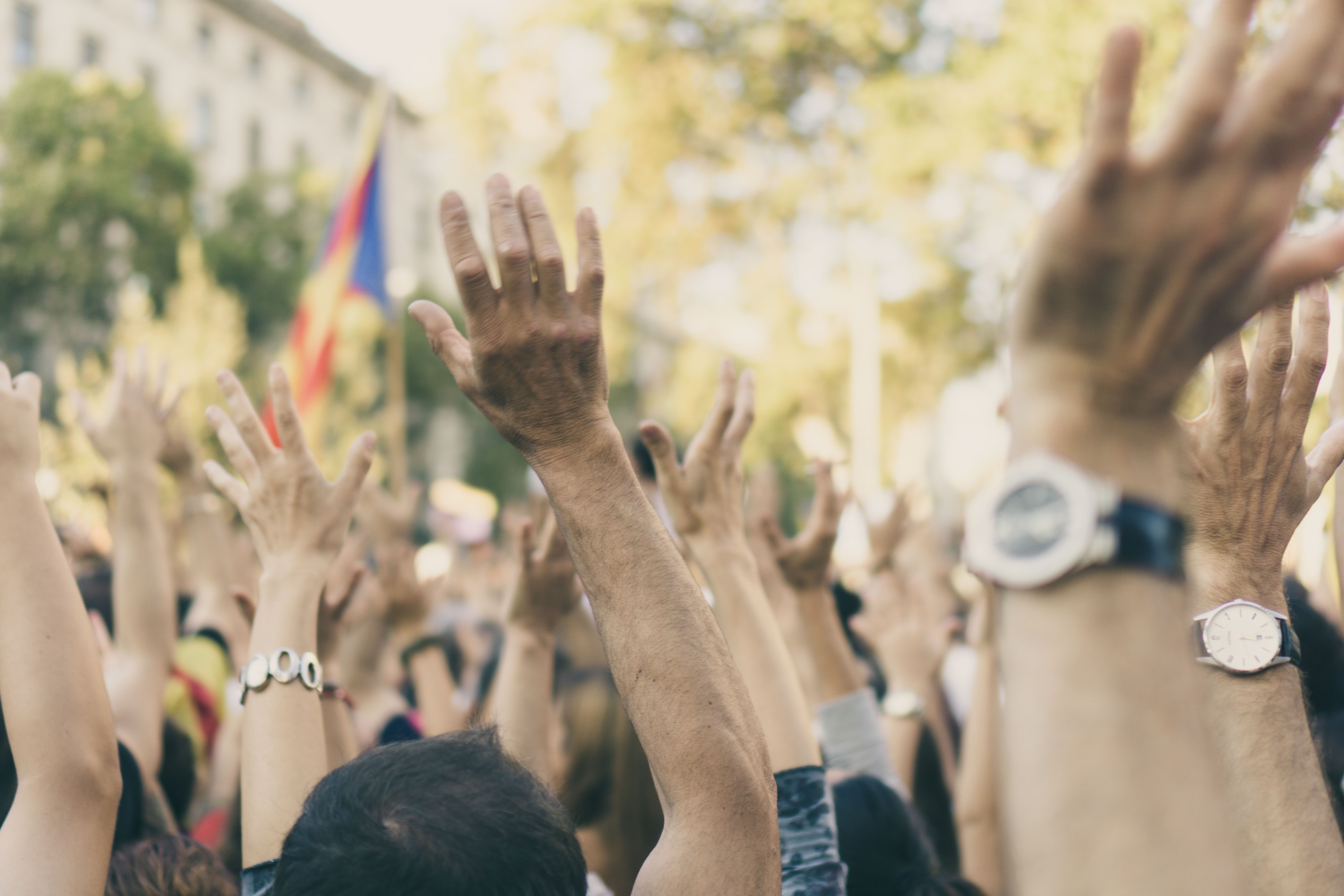 Civic Engagement for Effective Government
Civic Engagement for Effective Government
How can global citizens ensure that government works for all? Governments around the world may differ in their structures, freedoms, and resources, but the need for civic engagement by individuals and organizations is nearly universal. In this panel discussion, experts in politics and governance will discuss the role of each citizen in promoting inclusive and accountable government that operates in the public interest and establishing constructive political norms today and for future generations.
Corporations and Global Citizenship
 Imperatives of Leadership for Business and Society
Imperatives of Leadership for Business and Society
Corporations can embrace global citizenship just as individuals do, but while this can lead to great positive impact, it also comes with its own challenges. How do businesses continue to drive innovation and global economic growth while preserving the climate, protecting human rights, and ensuring that the most vulnerable are not left behind? This panel will bring together business and economics leaders to discuss how corporations are incorporating global citizenship into their strategy and highlight global challenges where the business community can and should play a greater role in ensuring a sustainable future.
Yale Innovators
 Yale alumni leaders around the world are positively impacting industries, challenging conventional wisdom, and innovating for a better world. This series of curated talks will give these Yale Innovators the opportunity to share how they are using new approaches to tackle complex global challenges and inspire other Yale alumni to support and/or replicate their work for maximum impact.
Yale alumni leaders around the world are positively impacting industries, challenging conventional wisdom, and innovating for a better world. This series of curated talks will give these Yale Innovators the opportunity to share how they are using new approaches to tackle complex global challenges and inspire other Yale alumni to support and/or replicate their work for maximum impact.
Roundtables and Workshops
Understanding Global Diversity and Inclusion
Too often today we see conflicts arising because of unwillingness to accept those who are of different races, ethnic groups, or from varying national origins. Participate in this lively, interactive roundtable discussion which explores strategies used in selected countries in Asia, South America, and Africa to enable diverse populations to be respected, valued, and included. Based on a white paper Understanding Global Diversity and Inclusion, published by The Barthwell Group, this discussion will also include commentary from distinguished participants who have experienced strategies to ameliorate conflict resulting from diversity in their countries. You will gain valuable insights of what you can do personally to encourage greater diversity and inclusion as well as tactics to stimulate positive change in your professional settings.
Becoming Global: An Interactive Workshop
Do you aspire to be a citizen of the world? What does it mean to have a global outlook? What are the skills and mindsets required to excel across cultures and contexts? This interactive 90-minute workshop will invite self reflection, build connections with others in the room, and inspire new thinking around what it takes to lead and learn in today’s increasingly interconnected and interdependent world.
The Power of Empathy — Being Global Starts Inside
As global citizens, how do we relate to our Planet? Do we feel empowered as changemakers or disempowered witnesses of announced disasters?
A decade ago these were questions for environmentalists. Not anymore. The crisis we’re facing is urgent and has no boundaries. Ecosystems are interconnected and so are the economic and social implications of the damage that we have only ten years to repair.
This dynamic and interactive workshop will give you a different perspective on the challenges we face, bringing science and facts to the level of feeling. Being global starts inside. We will journey within to explore our deeper why, practice interconnectedness and foster a holistic understanding of how our freedom of choice can become a natural driver of change. In this 3 hour session you will learn about the Mirror Mechanism discovered by Italian neuroscientist Professor Giacomo Rizzolatti, proving that our brains are wired to feel with others. Then we will practice fostering an empathic society.
Constructing and Adapting Education in a Global Setting
How do you create or adapt education in an environment where there are students of multiple nationalities, religions, ethnicities, languages, classes or shared interests. Overlay this with other currently pressing global factors such as the pace of technological change, political climate and the desire for a broader vision of the role education should play in preparing students to function in society. This roundtable will use the recent reimagination of the mission and vision for the International School of Florence as a springboard for a discussion of student education and is geared toward both professionals and parents.
Empowering the 21st Century Entrepreneur: The Case for Innovation as a Tool for Equity
A world where entrepreneurs and innovators are engaged in creating shared and sustained value can be built with our commitment to train the new generations of changemakers with the right mindsets, skills and tools. These global future leaders are eager: the recent mobilization of hundreds of thousands of people around the world voicing concern for climate change in September of 2019 is just one example. How might we design new learning journeys for the willing and energetic and help institutions and communities tap into the human potential of its members?
In this roundtable session participants will discuss how experimentation, collaboration and agency are central ingredients for integrating, accelerating and aggregating sustainable solutions for the modern challenges of this digital era. Participants will also answers to the following questions:
- What are the crucial ingredients to reinvent institutions and communities into organized avenues that fuel the potential of human innovation?
- Which organizational elements need alignment for learning by experimentation to work?
- How can the next generation of global leaders collaborate with leaders in business, government and civil society to create solutions for the pressing socio-economic challenges of our day?
The Ultimate Assist: Athletics as a Tool for Global Citizenship in the Developing World
Basketball to Uplift the Youth — A Case Study of Athletics & Citizenship in Haiti
According to an October 2019 article published in The Guardian, there are more young people than ever before in the world, and about 41% of the global population of 7.7 billion is aged 24 or under. In Haiti, 54% of the population is aged 24 or under, the median age is 23.3 years, and the majority of criminal suspects arrested are between the ages of 18 and 25. Taking into account these statistics, there is a great need for programs to guide and mentor Haitian youth, and provide them with activities that will help them maximize their potential while steering them away from a life of delinquency and crime.
As it has been demonstrated that sports are a tool which can be used to positively mold and modify behaviors, and given the scarcity of youth programs in Haiti, Basketball to Uplift the Youth, known as Baskètbòl pou Ankadre Lajenès (BAL) in Haitian Creole, was established in July 2013 in an attempt to meet this major need. BAL operates program sites in two of Port-au-Prince’s most underserved urban neighborhoods: Cité Soleil and Martissant. BAL is anchored on two components: basketball and education. Through these two components, the organization aims to challenge the youth to develop their talents and abilities to the maximum, so they can become citizens who can contribute to a better Haiti.
This roundtable discussion will first explore BAL’s achievements in Haiti and the challenges being faced by the organization in achieving its mission, which will then be followed by a wider conversation on how athletics can be used as a tool for global citizenship in the developing world
Global Network of Advanced Management Roundtable
The mission of the Global Network is to drive innovation and create value by connecting leading global business schools, their resources, and their stakeholders. Launched in 2012, the Global Network for Advanced Management (the Global Network) includes 31 leading business schools from diverse regions, countries, cultures, and economies in different phases of development. A common motivation of member schools to connect is to position their students, faculty, staff, alumni and other constituencies so that they can deepen their understanding of differences and commonalities and increase their effectiveness. Member schools recognize that leaders in all sectors will be asked to contribute to the solutions of major problems that are typically complex and global.
We will discuss how the Global Network enables strong institutional and personal relationships, and is having a transformational effect on students, alumni, member schools, management education, and beyond.

